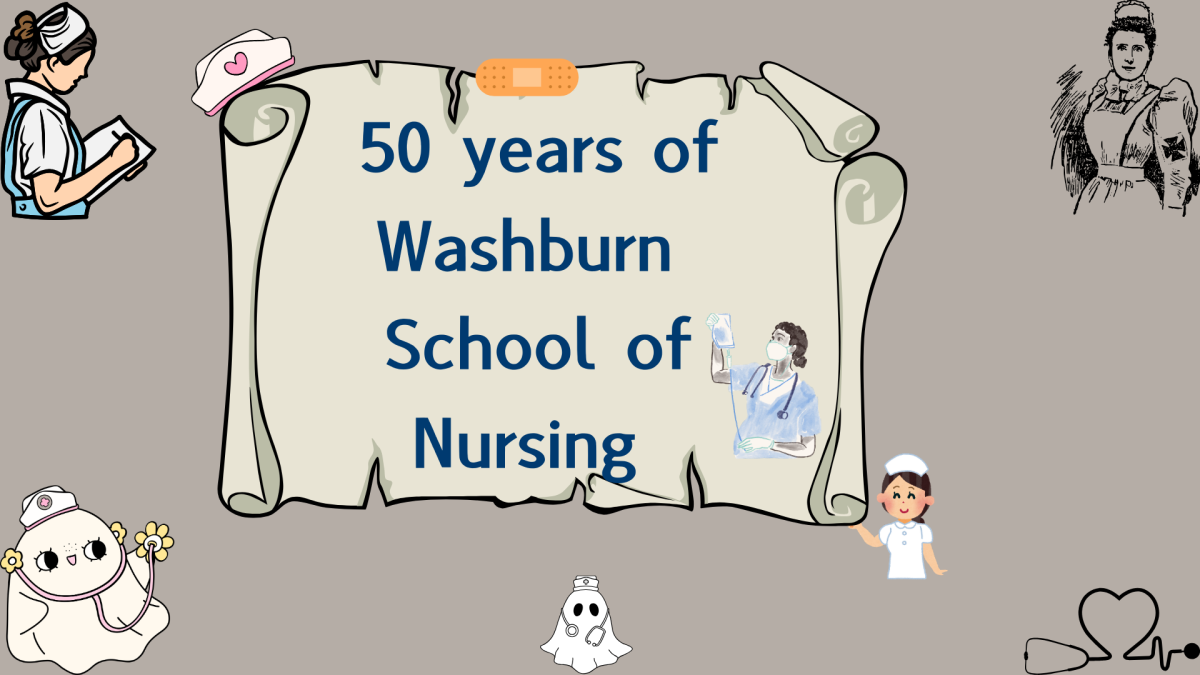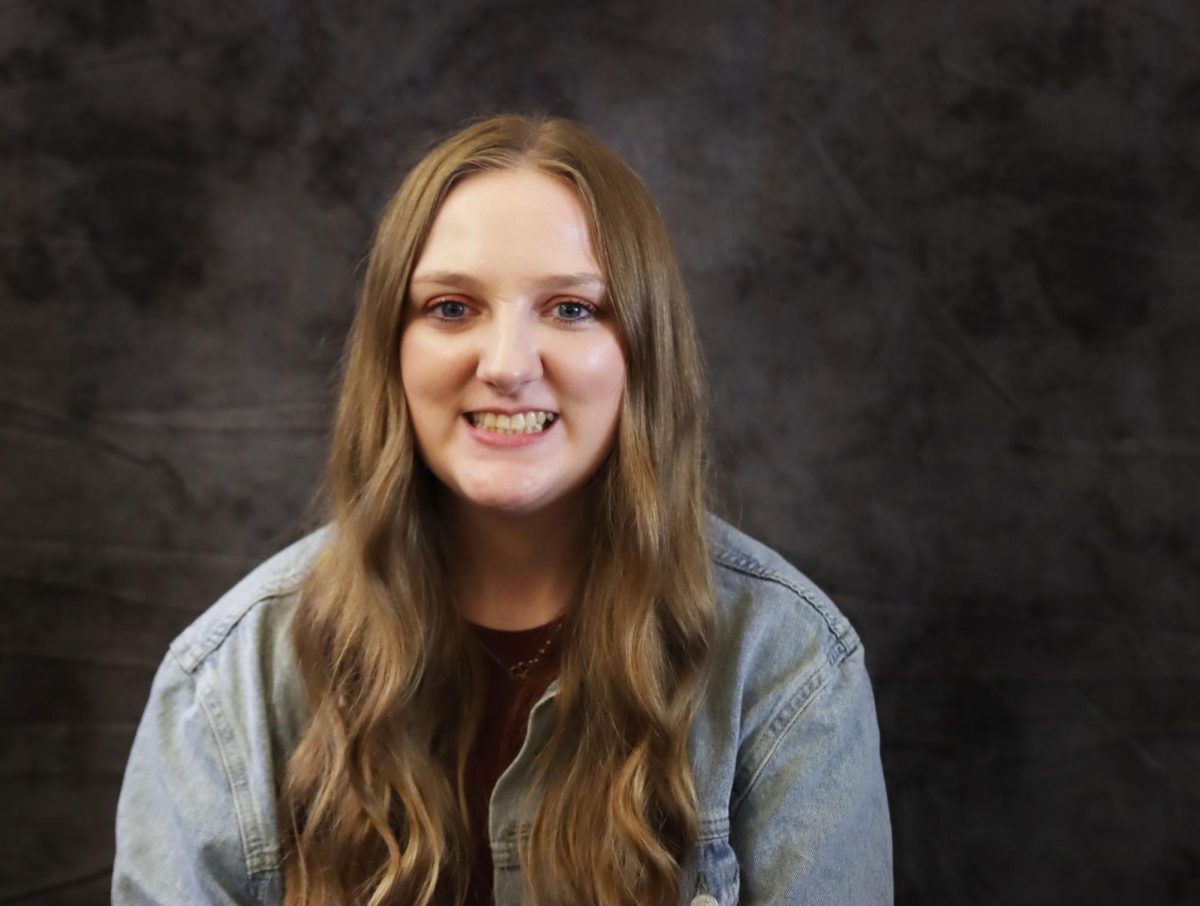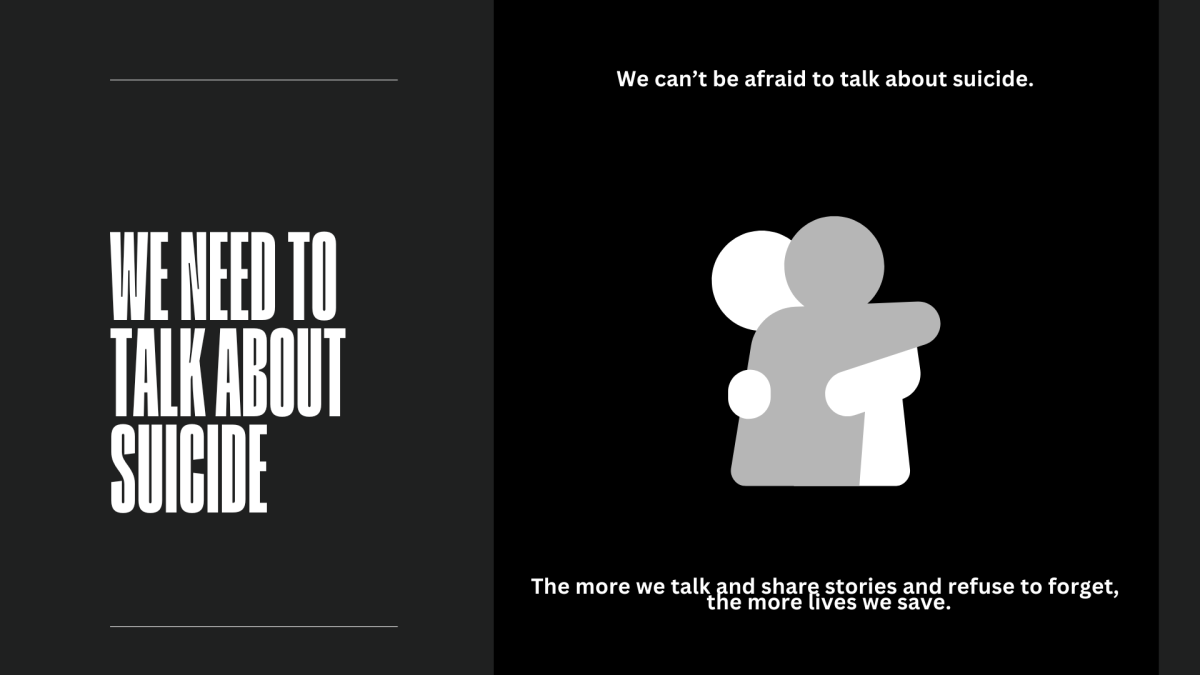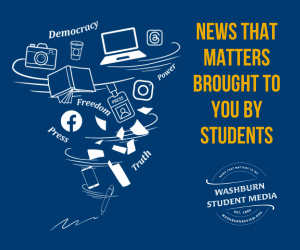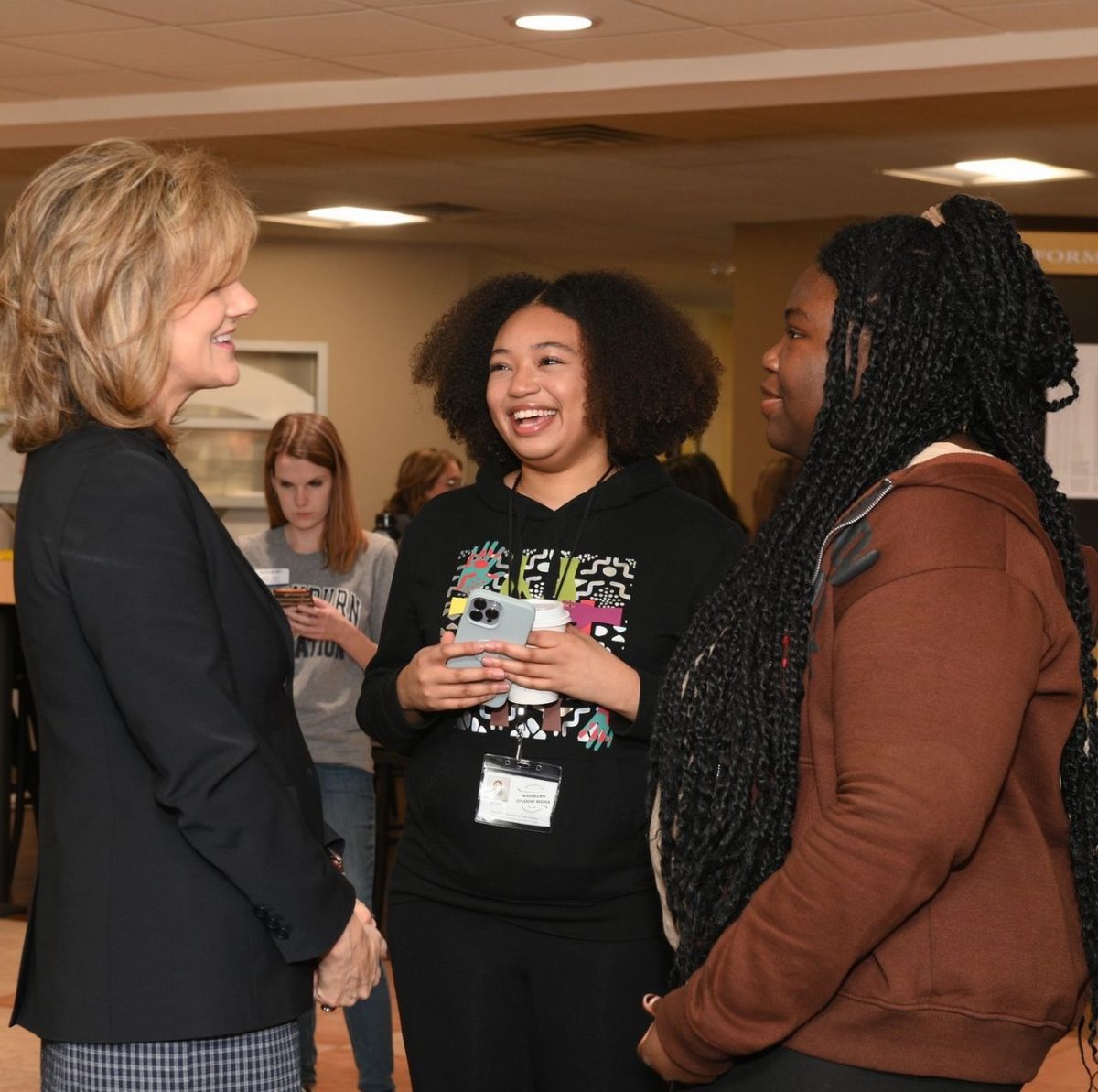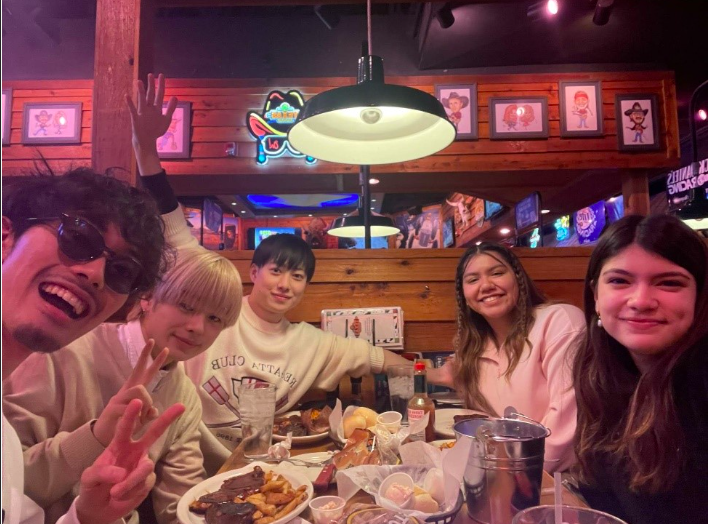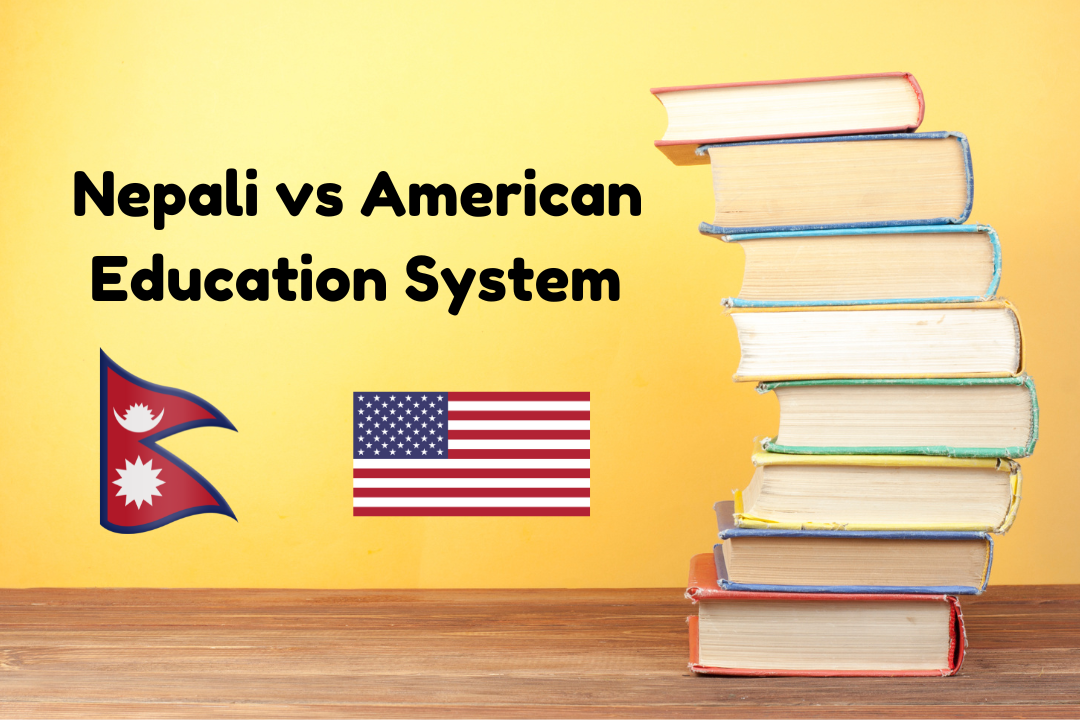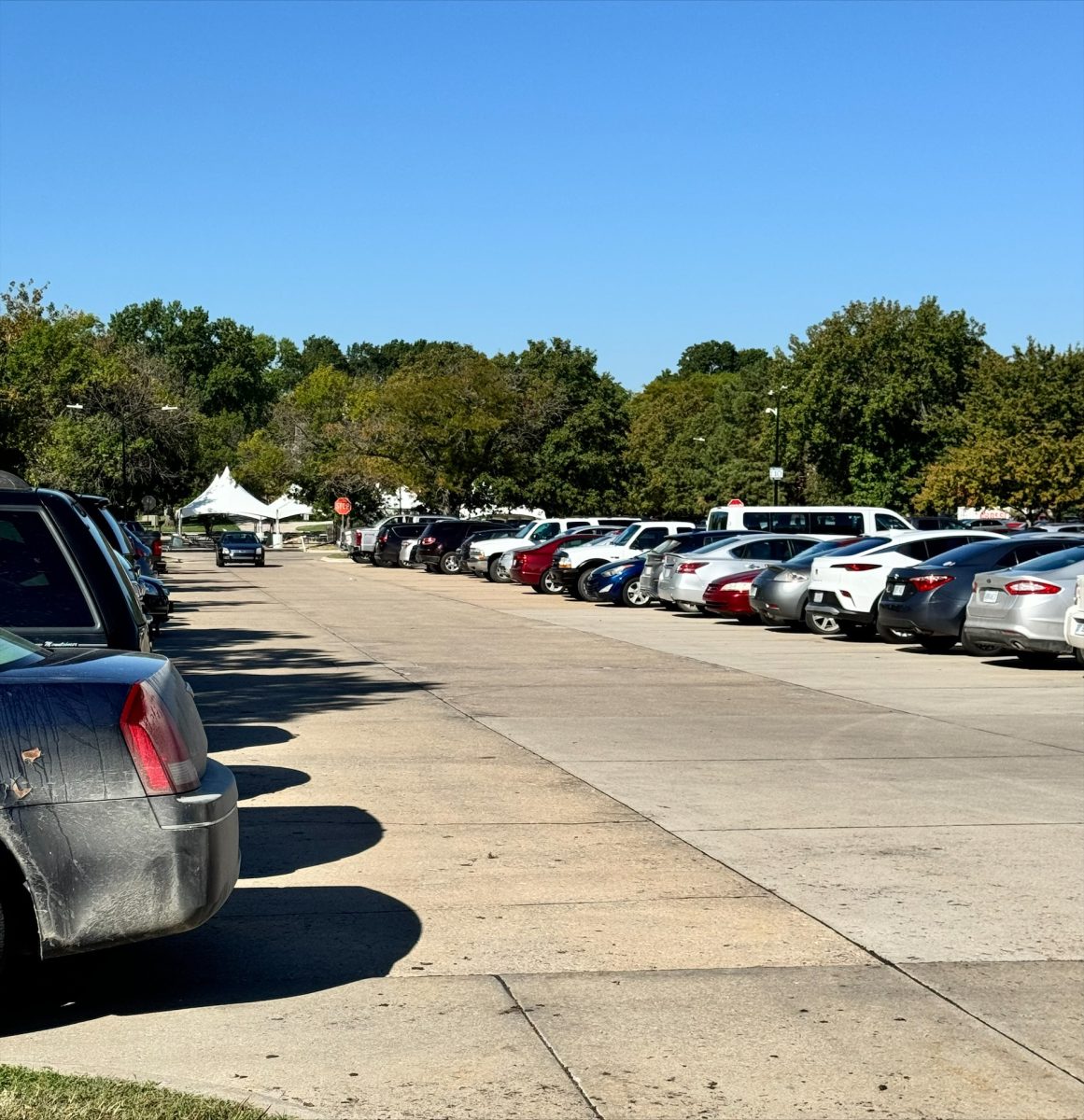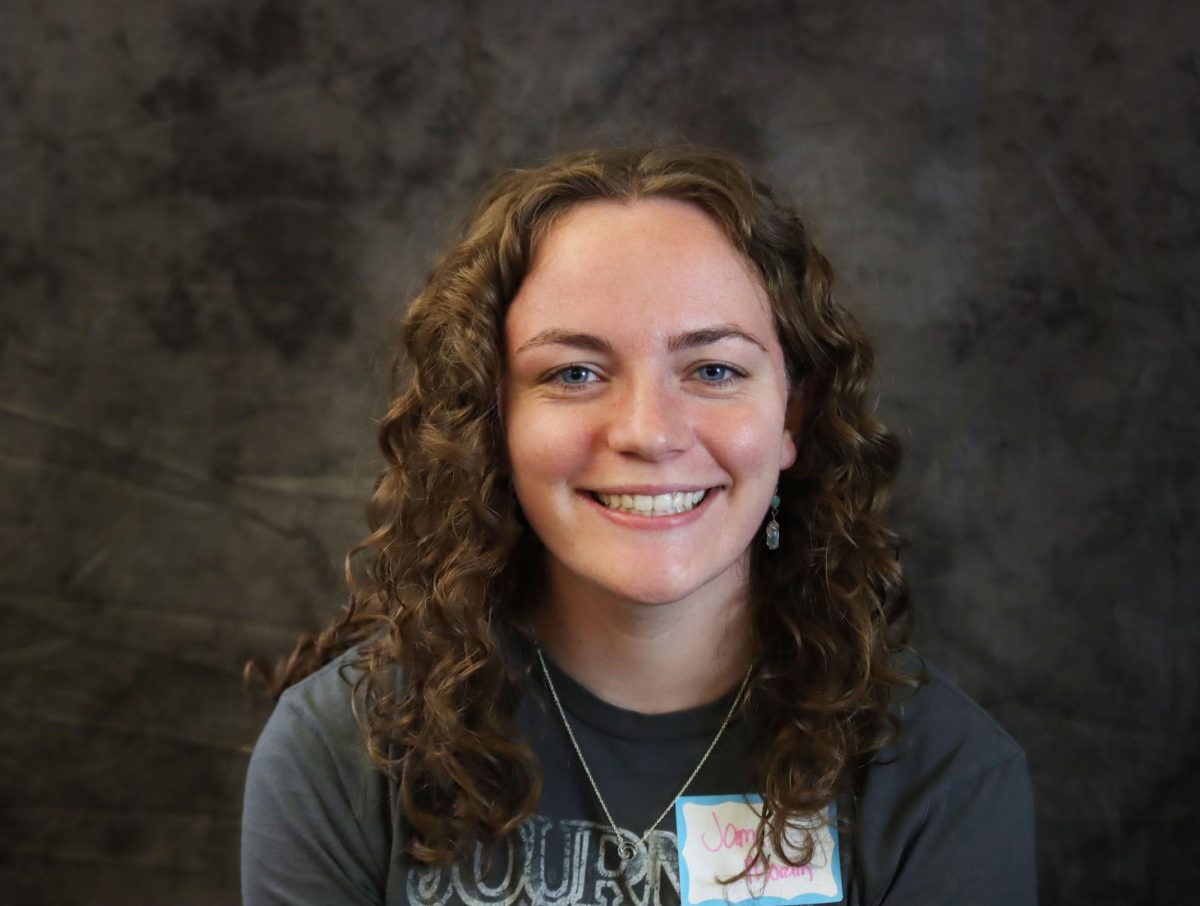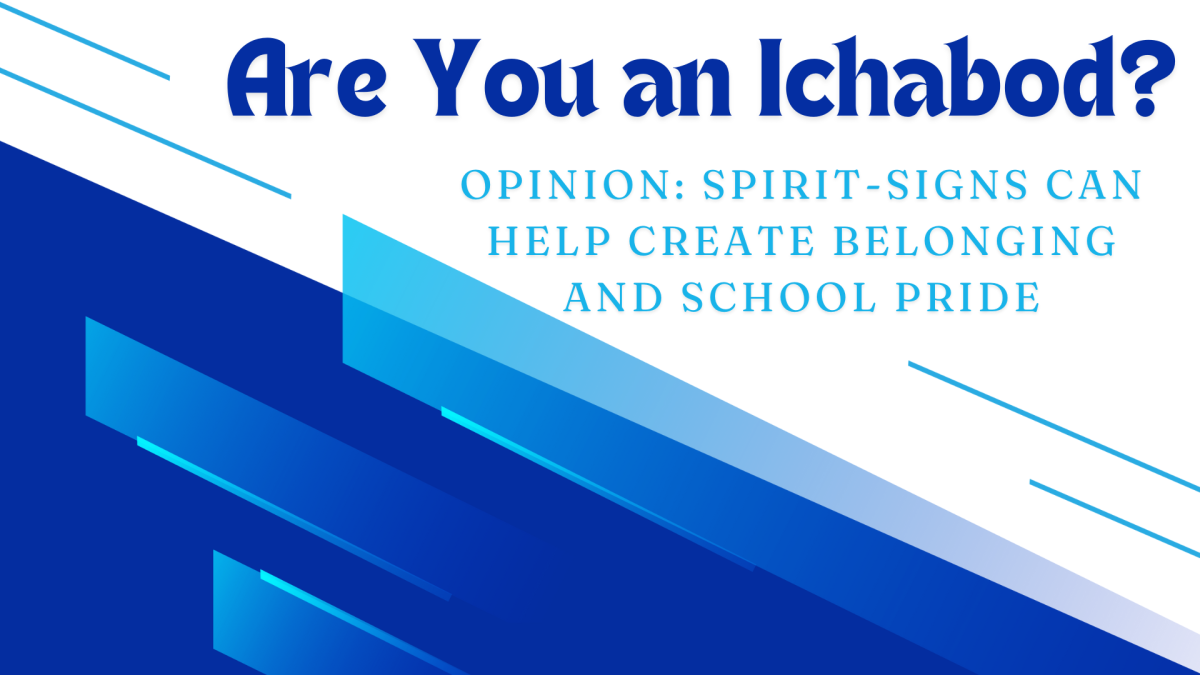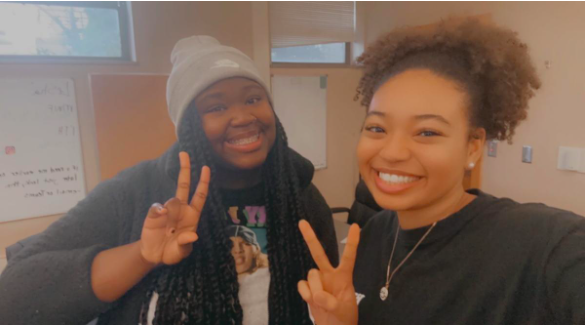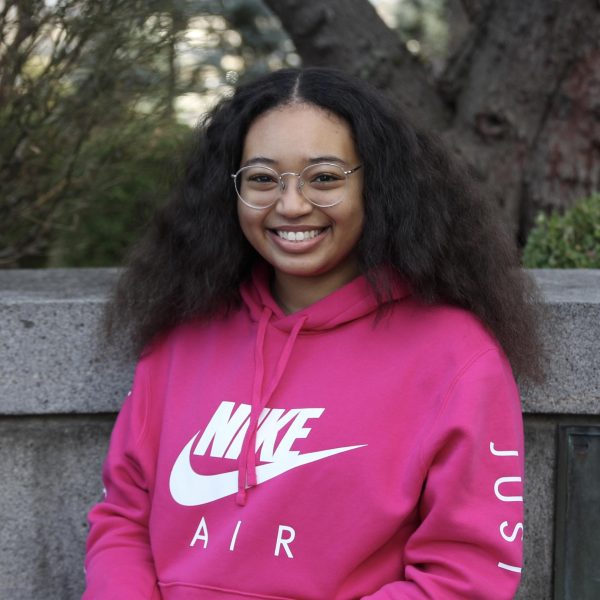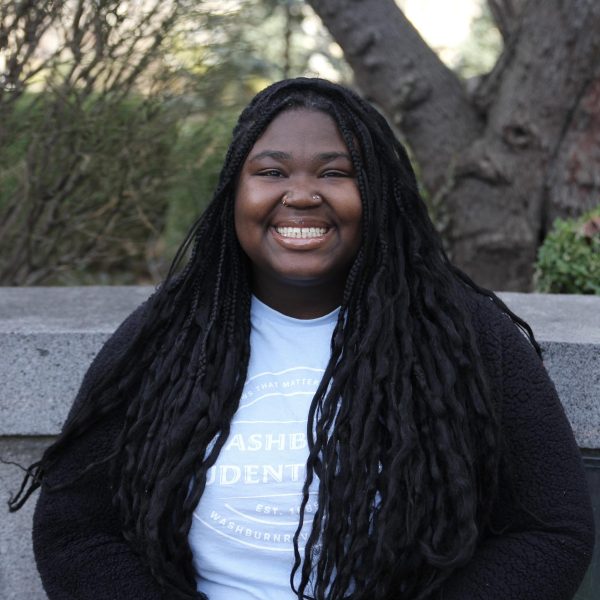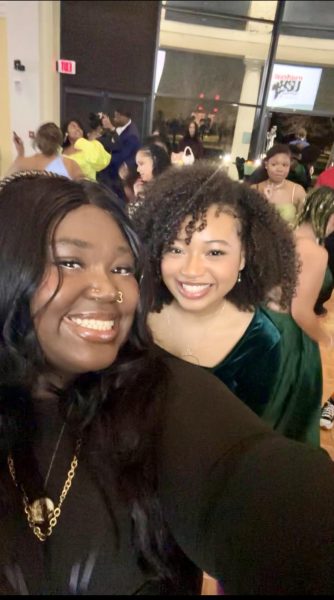
Being a Black woman in America presents many challenges, especially living in a predominantly white area. Black women often face discrimination, racism, microaggressions and are often seen through the lens of stereotypes. Knowing this, it is a fight at times to be successful.
Through our hard work for Student Media, we were given the opportunity to take on high leadership positions as editor in chief and managing editor for the Washburn Review. We took these positions seriously and saw great results during the time we were in leadership. Together, we took initiative, created change, spoke on topics unheard, brought voice to issues unspoken, rattled feathers and more. All of this, to ensure that the Washburn community was receiving truthful, relevant and necessary information.
With that said, because we are Black women, we found that there were some unrealistic expectations set on us as leaders of a publication. The first being that as Black women, we had the obligation to speak for the entire Black community.
We aren’t the first to be put in such a position as this. Many Black leaders have taken on the role of speaking for the Black community and using their high positions in work to do so.
However, in the world of journalism, this is not how it goes. It is the job of a journalist to set yourself and your own opinions aside for the greater good of the community. That means, doing research and interviews from all perspectives to create a report of information. Such a report should provide readers with enough information from all perspectives so that they can then create their own perspectives, opinions and stances on the subject.
The first year in our positions we received backlash from our own community and the Washburn community because of the Blackface incident on campus. People still believe how it was reported was not a good representation of Washburn and others believe we should have chosen a side. Again, this is a news publication and as reporters, if it is not labeled as an editorial or personal column our opinions do not matter. The facts are more important and this allows readers to digest all of the facts instead of receiving one sided arguments.
We do not have the ability, as individuals, to speak on behalf of an entire community. The Black community has a wide range of culture, new ideas, creative minds, strong opinions and more. Though we share similar experiences in America, we all have completely different takes on certain situations. Not all of us look at issues of racism in America the same or any other issue for that matter. People are unique and being the voice of a race, community or a huge population of people can be a big ask.
While being in these positions, we were seen as the face of Black students on campus and would get asked to educate the masses about what they could do better for Black students. We could’ve written editorial after editorial about social injustices but that is not Student Media’s goal at all.
The Washburn Review is a publication that strives to be the voice of the students on campus and cover stories about what Washburn students are doing. We recognize that providing information on social injustices affecting a group of students on campus is important. So we spoke about Black students and some of these issues throughout our years in leadership.
Learning how to separate your own opinions for the needs of a publication and community is a difficult task. In these leadership positions, you get a lot of free range to do as you please and make the publication your own. We could have started something totally different and we did in other ways. Building a community with a trustworthy publication was our main goal and we leave happy to know that it was met.
Oftentimes when we walked into rooms and asked the questions people were too afraid to ask people would label us as the “angry Black woman” stereotype. Working as a journalist at a PWI is not for the weak and being around people who use the excuse of coming from small towns to dismiss their behavior makes our job even harder.
Another misconception was that it was our duty to choose sides and present biased information. We often ran into instances where we were expected to present the information from “the right side” of an issue, ignoring “the wrong side.”
Once again, we report on the raw facts regardless of whether one side is considered the “bad point of view.” It is our obligation to bring the audience all of the information necessary. Leaving out information or bringing in biased opinions would be wrong on our end and would be a disservice to the Washburn community.
We are grateful for the team of students we have worked with this year because they did not just see us as Black women who needed to educate them on how to treat other Black students. If there were any problems in our office, stereotyping labels was never a topic of the conversation. Student media is filled with a lot more open minded students versus the mass majority of students on campus.







